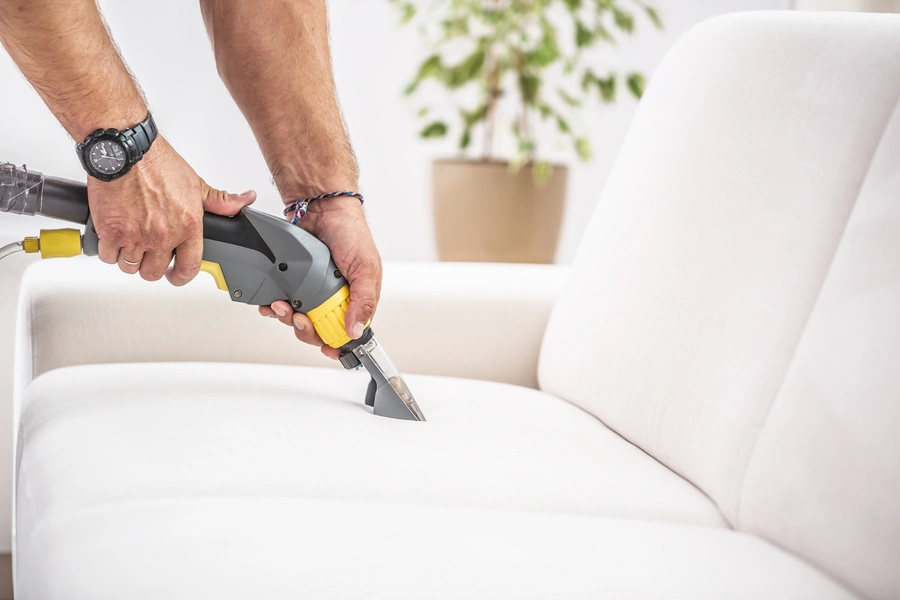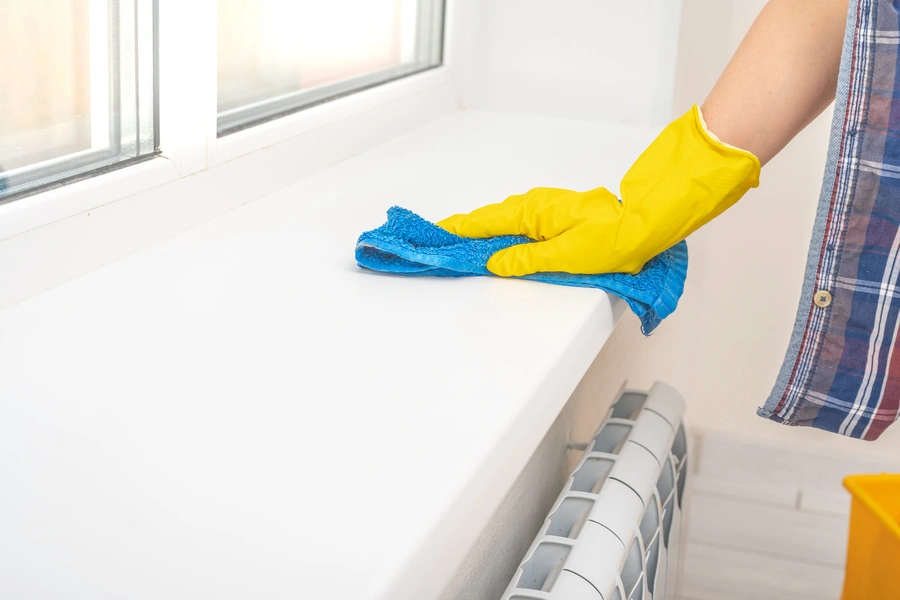Understanding the Impact of Thorough Cleaning on Health
Indoor air quality is an essential aspect of a healthy living environment. Poor air quality can lead to various health issues, such as allergies and respiratory problems. Many factors contribute to indoor air pollution, including dust, mold, and pet dander. One effective way to combat these pollutants is by implementing a thorough cleaning routine. By focusing on removing hidden dirt and allergens, you can significantly enhance the air quality within your home or office.

The Role of Dust Removal in Cleaner Air
Dust is one of the primary contributors to poor indoor air quality. It accumulates quickly on surfaces, furniture, and electronics. Regular surface cleaning might not be enough to tackle this issue effectively. A more comprehensive approach, like deep cleaning, involves reaching those often-overlooked areas such as behind appliances and under carpets. Removing accumulated dust from these spots reduces airborne particles, leading to fresher, cleaner air.
Eliminating Mold and Mildew for Better Air
Mold and mildew thrive in damp environments and release spores that degrade air quality. These spores are harmful when inhaled, causing respiratory issues. To address this problem, it is crucial to identify and clean mold-prone areas thoroughly. Regular deep cleaning helps control moisture levels, preventing mold growth and thus improving the overall air quality in your space.

Reducing Pet Dander Through Comprehensive Cleaning
Pet dander is another common allergen that affects indoor air quality. Unlike regular cleaning, which might only handle surface-level dander, deep cleaning techniques target hidden dander trapped in fabrics and carpets. This thorough approach reduces allergens significantly, making the environment safer for everyone, especially those with allergies.
Steps to Implement Effective Cleaning Practices
Achieving better indoor air quality through cleaning involves a systematic approach:
- Identify key areas prone to dust accumulation and mold growth.
- Create a regular cleaning schedule that includes thorough sessions beyond surface cleaning.
- Use high-quality cleaning tools designed for specific tasks, like HEPA filters for vacuuming.
- Ensure adequate ventilation during and after cleaning to allow fresh air circulation.
Best Practices for Maintaining Improved Air Quality
Once you have achieved cleaner air through deep cleaning, maintaining it requires consistent effort. Here are some tips:
- Regularly change HVAC filters to ensure they do not become sources of pollution.
- Avoid using harsh chemicals that might introduce new pollutants.
- Consider using air purifiers in conjunction with proper cleaning routines.
- Address leaks promptly to prevent mold growth due to excess moisture.
Cost Considerations of Thorough Cleaning Techniques
While investing in thorough cleaning may initially seem costly, the long-term benefits outweigh the expenses. Better indoor air quality reduces medical costs linked to respiratory diseases and enhances overall well-being. Additionally, a clean environment preserves property value by preventing damage caused by neglect.
Your Path to Enhanced Indoor Air Quality
Improving the air quality in your home or workplace doesn’t need to be daunting. By adopting a meticulous cleaning routine and addressing problem areas systematically, you can enjoy a healthier environment. For expert assistance or further guidance tailored to your needs, Bubble Home Clean LLC is here to help. Located in Denver, CO, we offer professional services that ensure your space remains clean and safe. Don’t hesitate to contact us at (720) 669-9444 today.
